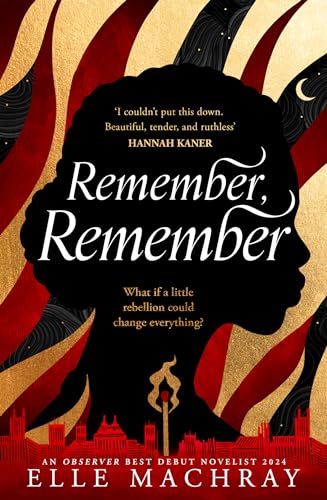Remember, Remember
This debut novel is rooted in a trial in 1772, in which it was ruled that an enslaved Black man living in England could not be sent back to Jamaica to be sold. Using historical records, Machray has then taken key moments in British history at that time and woven an alternative history. Machray reimagines the gunpowder plot as the protagonist, Delphine, searches for justice – or vengeance – for her adopted brother, Vincent, a prize fighter who had sought his freedom through the courts.
Delphine, who had herself escaped enslavement four years earlier, lives in and out of London’s underworld and high society, a well-imagined and well-researched series of interconnections spanning brothels, gentlemen’s clubs, smuggling and secret societies. The novel opens with her attempts to help her brother do the same, and even though at first he triumphs, he is then brought down at the moment of liberation.
It is at this moment that the novel turns from fact to alternative fiction, with Machray weaving in themes as disparate as smuggling, treason and the horrors of the slave trade.
There are some beautiful lines in this book that stick long after the page is turned: “Hearing his name uttered so many times, like an incantation, forces Delphine to acknowledge that her brother is much more than a man, now”.
For this reader, although Remember, Remember was overall an enjoyable read, the ending did not convince, as the book became more and more fantastical and the number of characters at times overwhelmed the forward thrust of the narrative. Nevertheless, this is an exciting debut novel, which weaves historical facts with compelling themes that were as hotly debated then as they are now – the importance of justice, identity and resistance, even when it seems that all is lost.










